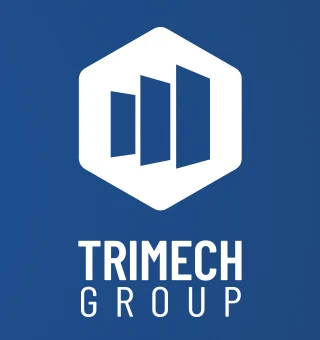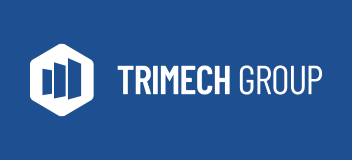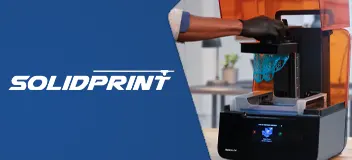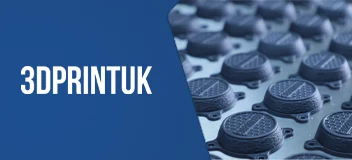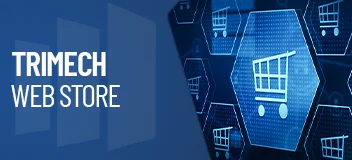How Inventors Build Successful Businesses: Customer Channels
Advertisements. Can’t live with them, can’t live without them. Ok, fine, I know a few people who’d argue you could live without them. But ask any successful business owner, and they’ll be more than happy to tell you why their investment in marketing and advertising is well worth it.
The truth is, whether you like ads or not, they’re the best way to inform your target audience about your product and why they should buy it. The best invention makers leverage different customer channels to find the most efficient and effective way to convey their message and sell their products to their specific target audiences.
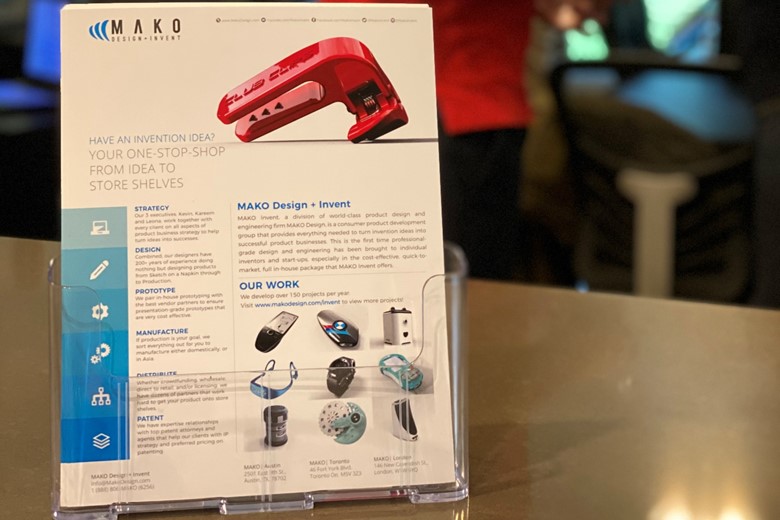
Channels
Customer Channels are one of the nine components of the Business Model Canvas that helps inventors manage and structure a streamlined business plan. In recent articles, we’ve started to piece together the importance of the individual components of the Business Model Canvas. Let’s do a quick recap.
Customer Segments are the different groups of your target audience depending on demographics, behavioUrs, and other elements.
Value Propositions are statements designed for specific customer segments telling them why they should buy the product.
Customer Channels are the different methods that you could deliver your value propositions and sell your product to customer segments. In other words, channels are the link between your value proposition and customer segments.
Why are channels so important?
To put it into perspective, let’s bring up my grandma.
In the eyes of my grandma, I am undisputedly a technical genius. To you, it might seem like I’m just resetting her email password. But in her eyes, I’m essentially Matt Damon in Good Will Hunting.
Keeping this in mind, let’s say I’ve determined that one of the customer segments for my product is older than 70. Would I try to sell them my product through digital marketing channels? No, probably not. So picking the right customer channels is important for invention makers because these are the key touchpoints where they have a critical opportunity to start building the customer relationship.
As you can imagine, this will also play a large part in the customer’s user experience with your business. At the same time, consider what channels are the most cost-efficient for your business and how your channels are connected to one another.

Types of Channels
Alex Osterwalder, the inventor of the Business Model Canvas, suggests there are two types of channels:
- Direct Channels, such as an in-house sales team, your business website, or a brick-and-mortar store owned or operated by you.
- Partner Channels are third-party organizations such as retailers, wholesalers, or distributors.
Examples Direct Channels
- Internet: Your website, social media platforms, and podcasts are all valid ways of leveraging Internet channels to promote and sell your business. Leverage CRM and marketing tools to measure the effectiveness of your value propositions.
- Email: Email marketing is far from dead. Inexpensive and customizable to tailor to different customer segments, emails are still the most effective marketing channel. Despite the rise of Instagram and TikTok, email marketing beats out social media, SEO, and affiliate marketing.
Examples of Partner Channels
- Retailers: Firstly, yes, retailers can be a channel and a customer segment. They are a channel because they’ve already built an existing customer base through their own marketing and sales strategies. Retailers may also be part of your customer segments because you need to “sell” to them to take on your product. Recall the article about defining value. Typically, selling to businesses means finding a way to lower risk and meet the bottom line.
- Sales Agents: These individuals sell to customers one-on-one. You can leverage their individual relationships with customers to gather anecdotal information and a pulse on your industry. The downside is that you have less control over your business’s branding.
Have a Product Idea?
Discover our product development services tailored to startups, small manufacturers, and inventors.
Design Newsletter
Get the latest news curated for designers, makers and inventors.
More from our Blog
What is an Inventor NDA and why you need one prior to an Invention Consultation
In this guide you will learn the importance of an Inventor NDA, the meaning of a Non Disclosure Agreement, and how to file a breach.
Product Development Strategy for Startups
For startups, turning a product idea into a market-ready product is such a long haul that requires a product development strategy, even more so than…
Need help with your Product Idea?
Tell us about your invention or product design idea and get the help you need design, build and bring it to market
